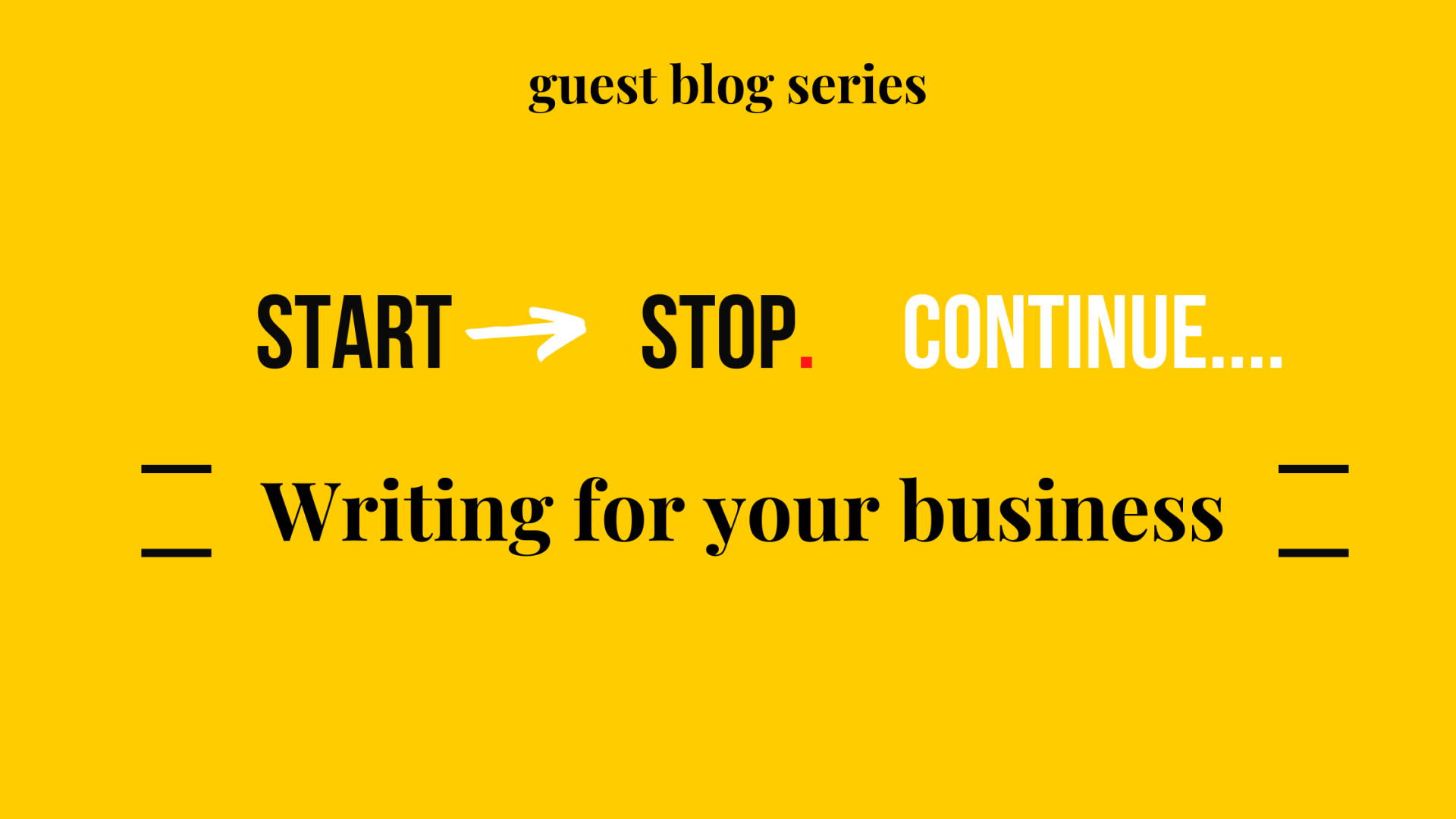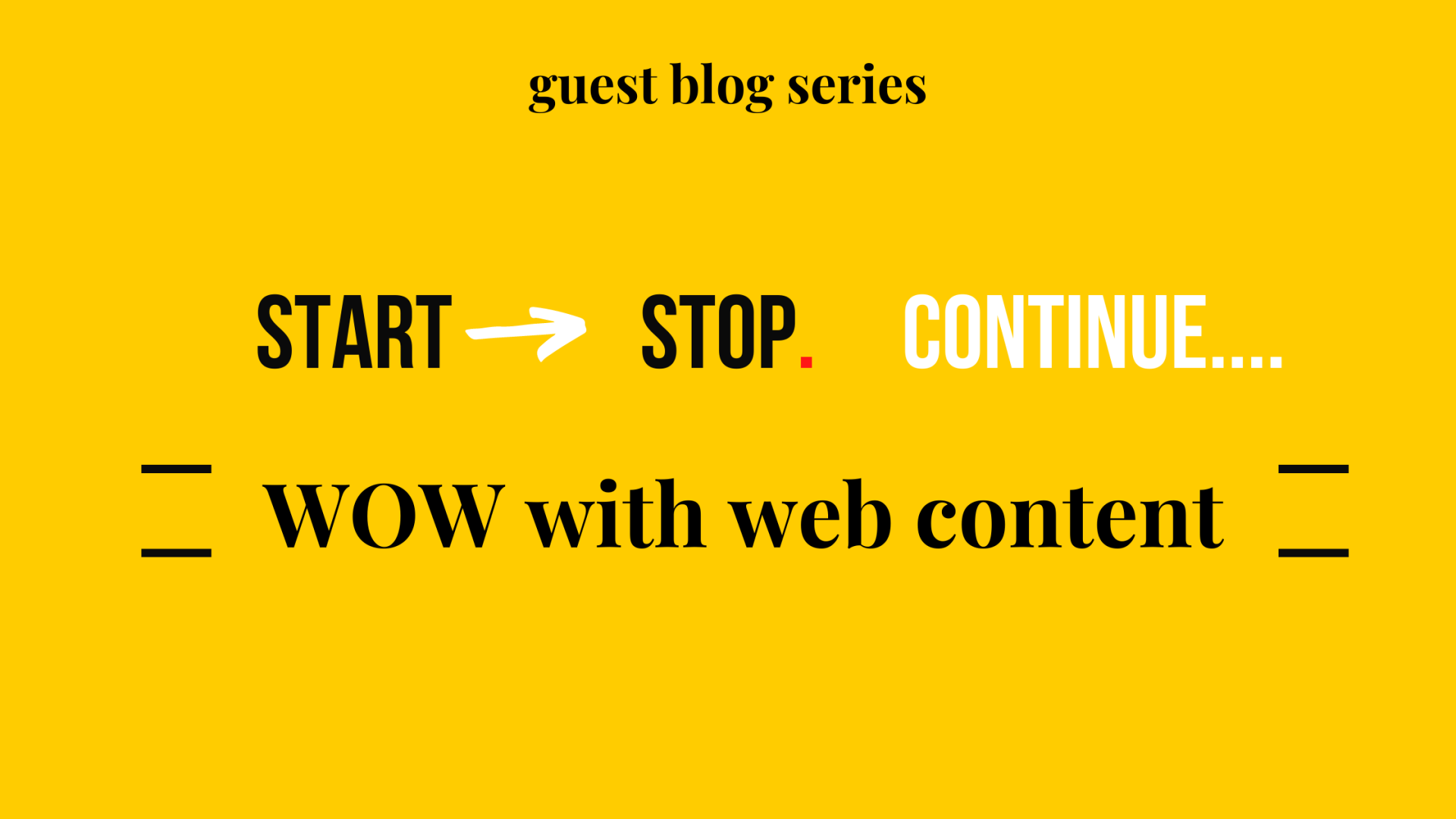12 ways to put your company values to work in your business
Attracting new customers, potential new employees and increasing employee engagement; how to embed your values to have a real impact on your business.

Attracting customers
Using your values in your marketing enables you to make a connection with potential customers, people who think the same way and believe in the same things as you do. It’s not about selling what you do but the particular way you go about doing it. The opportunity to stand out from your competitors is clear.
1. Social Media
Creating posts that relate to your values is showing your audience the personality behind your business. Referencing your values in what you do with the underlying why you do it that way. Images and social cue cards are useful but why not create and share a video about where your values come from, why they are important to you and the impact they have on your customers.
2. Website & Brochures
The more regulated your industry or standardised your products and services, leading with your values on your website and brochures will make your business stand out from providers. Giving your website or graphic designer your values to work from will give them a more in depth picture of your organisation and how you stand out from other providers.
Ensure that you translate your values into what it means for the customer's experience and/ or the social or environmental benefits to the wider community.
3. Tenders & Proposals
Whilst the opportunity to stand out in a tender process may appear limited, accreditations and awards ( see point 5 below) are ways to demonstrate your credibility.
Do your values deliver social & environmental benefits? Government and local authority tenders have a statutory requirement to include Societal Value as measure within all tenders over the value of £180k, accounting for 10% of the assessment criteria. The most recent changes published in January 2021 assess each submission for the following
- Supporting COVID-19 recovery; how you help local communities manage and recover from the impact of COVID
- Tackling economic inequality, are you creating new businesses, new jobs and skills?
- Fighting climate change and reducing waste
- Driving equal opportunity, including reducing the disability employment gap and tackling workforce inequality
- Wellbeing including Increasing mental and physical health & wellbeing of employees, customers and suppliers and improving community integration.
You can read more about this here
When writing proposals, reflect on how well you know the client organisation, do your research! What is important to them? Do they have published values which align with yours. Remember to translate your values into the customers experience - what's it in for them?
4. Customer Satisfaction surveys
Do your values actually make a difference to customers? Be specific in the questions you ask, if one of your values is to WOW customers, ask them if they were WOWed! Customer feedback needs to be specific in order to allow you to measure your performance and look at areas to improve but is also a useful marketing tool – "98% of our customers said they were WOWed by our service"
5. Awards
Values are about making a stand on something you believe in, the guiding principles of how you run your business. Living by those values can be worthy of external recognition through awards. If one of your values is to be continually innovating than entering innovation awards demonstrates your commitment to deliver on that. Awards increase your credibility with prospective customers and potential employees plus they allow you to benchmark your business against others and identify ways to get better.
The bonus is that you don't even have to win to see most of the benefits - 'shortlisted' or 'semi finalist' are still worthy of promotion and inclusion in your marketing.
Attracting potential new employees
6. People Specifications & Job advertisements
When creating a person specification for a role considering your values will help to create a richer picture of the personality/character of person you are looking for, who will be a good fit in your team. Promoting your values in job adverts enables you to find the best talent, attracted by the reflected principles, attitude and personality of the business.
7. The interview process
For each value that is relevant to the role create some specific questions to test for alignment with the candidates own values. The chances of a new employee fitting in and feeling they belong is driven by establishing they shared values, recruitment is an expensive and lengthy process - you don't want them to leave in the first few weeks because they discover it's not the place for them.
Don’t just share your values, ask candidates what each value means to them & to give examples of how they demonstrate them.
You may be faced with two equally qualified candidates but their degree of alignment and commitment with your values can determine who is the better fit for your business.
8. Onboarding & Training
When new members of staff join it's not just about showing them what needs to be done but how things are done around here.
Values are part of your organisations culture, they help to ‘glue’ the team together. Sharing how your values are lived day to day in the business should help them to integrate into the team and feel a sense of belonging faster.
In the same way you would provide training to develop knowledge and skills, consider what training you could provide to develop behaviours that deliver on your values. Whilst there is unlikely to be a training course, work shadowing colleagues or coaching can be used to develop their understanding and commitment.
Increasing employee engagement
9, Reward & Recognition
If you have the right values then delivering on them will make a difference to your customers and therefore to your bottom line, so find ways to recognise great work to keep employees motivated to deliver.
One effective method is Peer to Peer recognition; asking your teams to look out for examples of delivering on your values amongst their peers and nominate them for a monthly award. Remember that the recognition ( telling them and others of the great work) is equally as important as the reward (getting something of value in return).
Recognition can be become a regular part of team meetings and rewards don’t always have to about money, how about use of the best parking space or a Feelgood Friday with an early finish!
Consider rewarding employees with opportunities for development, after all if they are already performing well keep up the momentum. Think about what would be relevant and useful to their development; attending a customer visit, representing your business at a networking event or experiencing your products/services.
10. Performance Management
The ongoing process of agreeing objectives and reviewing performance is the place to turn your value statements into expected behaviours and standards of performance.
Start by communicating the values and why they are important to the business and your customers.
Consider each individual to determine which behaviours/standards are relevant to their role.
Set appropriate objectives or standards that drive the desired behaviour – remember the adage what gets measured gets done. Be clear on what ‘good’ looks like.
It’s important to recognise that if you have created some Aspirational Values (things that are not currently in the business) you need to be clear on what this looks like in order to begin the process of aligning behaviour with these new values.
11. Disciplinary Process
If you are creating standards of behaviour it's important to think about how these will be monitored and how you will deal with those who fall outside of that standard.
Maintaining standards is vital to good team morale, ensuring that everyone is doing their bit and all being held to the same standard avoids potential conflict and diversion within your team. After all you will get the behaviour you are prepared to accept.
12. Employee surveys
Engaged employee's deliver higher productivity, greater customer service and high levels of discretionary effort. Happy employees = happy customers.
But how do you know if they are happy unless you ask. Relating your employee survey questions to your values is a way to dig deeper than the pay and rations discussion. It can also highlight if you as the leader are living your values or whether there is room for improvement.
So, there you have 12 ways to embed your values into your business, utilising some or all of these will start to deliver real benefits to your business.
If you would like to work on your company values, creating, updating and implementing then please get in touch to see how I can help you to make them meaningful and bring them to life.
Janet Doran , works as a Strategic Business Coach across North Yorkshire, UK. enabling small business owners in creative and professional service industries to win in competitive markets.
Find out more at www.thepositivepen.co.uk or call 07505 120051
I post daily, information/inspiration for small business owners, on twitter @ thepositivepen
One of the key benefits business owners get from working with a coach is that ‘protected’ time to work on the business instead of it in. If you are thinking about working with a business coach please get in touch.












